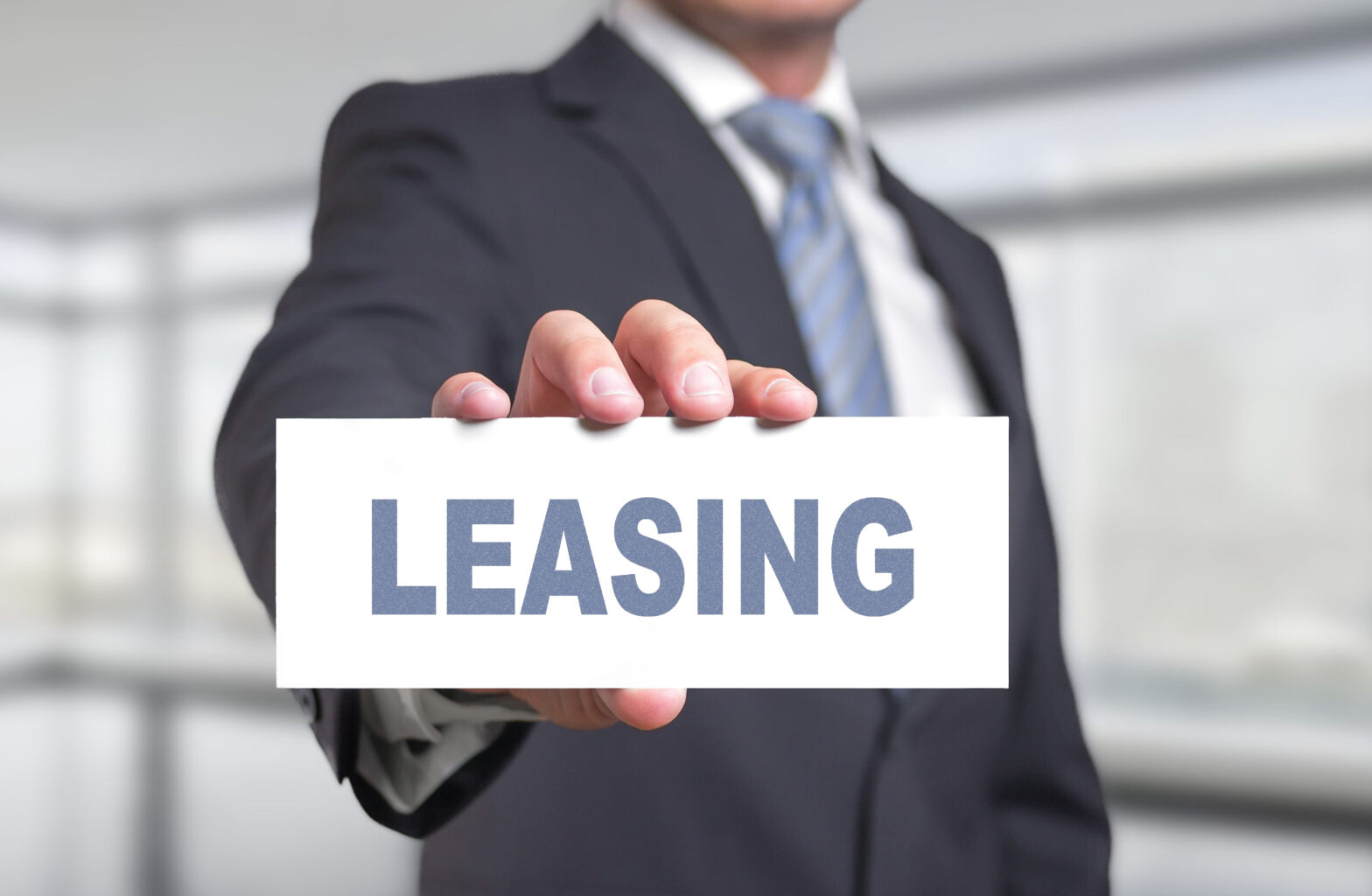Over half of new car sales in the UK are funded by a business of some type, as opposed to being bought privately, so despite tax changes making them seem less advantageous for some employees, business purchases have a significant bearing on the new car and vehicle market. There are several factors to consider over and above a vehicle’s basic everyday suitability when it comes to choosing.
Company car funding
A key decision is how you might fund a vehicle. There are various options ranging from buying outright with cash, hire purchase and various forms of tax efficient leasing such as business contract hire. Indeed, leasing can be tailored to suit your ideal monthly budget and include costs such as maintenance and replacements to provide fixed costs, making it easier to keep track financially.
Leasing offers other tax benefits depending on your company set up; in some cases 100 per cent of the VAT can be claimed back if the vehicle is used solely for business. Other payments are sometimes tax deductible so it literally pays to investigate your funding options thoroughly.
Benefit in Kind (BIK) tax
The tax man sees the company car as a perk and it’s classed as a Benefit in Kind and is therefore liable for tax. The car’s CO2 emissions and retail price, expressed as a P11D value, are taken into account to arrive at the BIK figure. The P11D value is basically the price of the car but less non-taxable costs, such as the first year’s road tax.
There are currently no less than 25 BIK bands based on CO2 emissions with the more polluting models attracting BIK taxation at a higher percentage of their retail price.
Therefore, lower emission models will cost less in taxation. Be aware diesel vehicles attract a 3 per cent surcharge over petrol vehicles with the same emissions; consequently, you’d have to assess whether you do enough miles for the usually better fuel economy of diesel over petrol to outweigh the higher BIK costs.
In searching for the ultimate in emissions-based tax saving you may look at electric vehicles but be careful. While they previously didn’t attract BIK tax, they’re now taxed at 7 per cent with the figure set to increase each year.
Other costs
Fuel – an obvious one of course, but properly considering whether to plump for diesel or petrol (if not an all electric model) does have a significant bearing on costs.
Some business users fall into the trap of basing their thinking purely on economy, but bear in mind the tax implications above and whether enough miles are covered to make diesel worthwhile.
Insurance – choosing a vehicle that isn’t too expensive to insure can make a big difference to costs, especially if you’re running several cars all requiring insurance renewals each year. A good comparison website can help you compare costs of different models and insurers.
Vehicle usage
In the end of course, the vehicle has to do the job you’re buying it for whether it’s a delivery van, motorway express for high mileage employees, or a compact and economical office runabout. The wide choice of new cars and other vehicles mean it should be possible to run something that makes the most sense financially and does the job you need of it.





